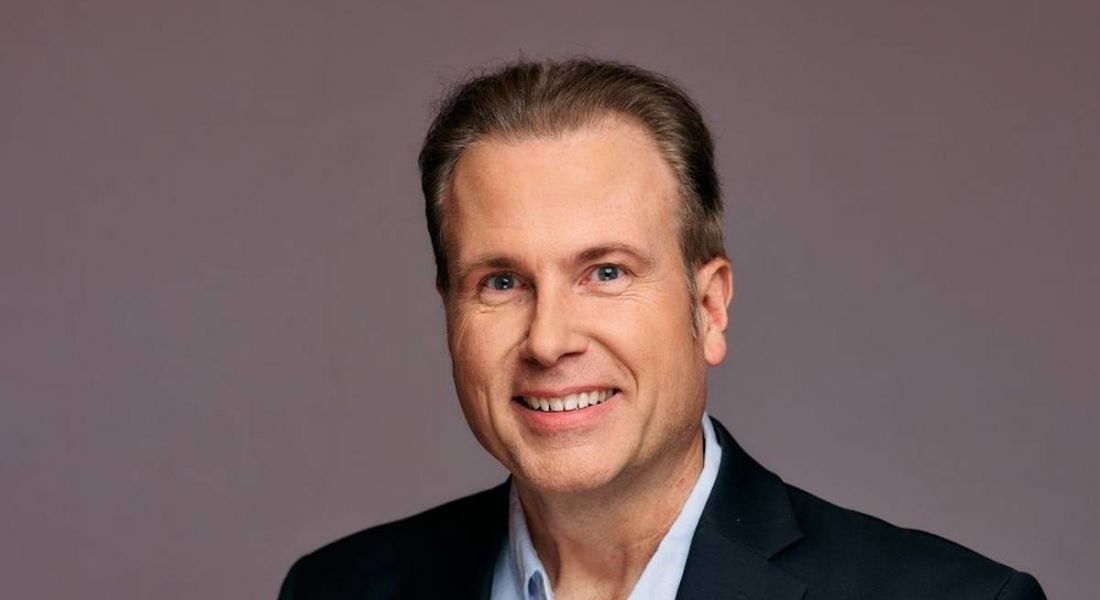Jesse Harriott discusses his role as head of analytics at Workhuman iQ and the challenge of connecting the practical needs of a business to AI and analytics initiatives.
Jesse Harriott says that he has always had an inquisitive mind and a passion for learning, with a preference for the practical over the theoretical.
“For example, I used to take apart and re-assemble electrical equipment as a child to understand how it worked.”
Harriott is the global head of analytics and executive director of Workhuman iQ, an AI-powered social analytics solution that gathers Workhuman user interactions to understand the motivations, behaviours and sentiments of employees. His interest in analytics and data could be seen at a young age, such as when he took a personality test. “I remember taking a personality test as a child and being amazed at how answering seemingly unrelated questions could paint an accurate picture of my interests and hobbies.
“I was really turned on to the excitement of uncovering unseen patterns using data.”
What brought you to your current job and what does this role entail?
I currently lead AI and data science for Workhuman. There is a tremendous amount of data given off by our platform and I lead a team that turns that information into value for our customers and users of the platform. For example, we created an unconscious bias detector that allows people to evaluate their writing for biases before a message is sent. We scan millions of recognition messages and when a bias is found, over 70pc of users make a change to their message. So, we’re able to use AI to make a small difference to the lives of others and deepen their human connection at work.
What do you enjoy most about your job?
There is a lot I enjoy about my job. A key element is that we’re focused on understanding how a feel-good moment of gratitude can have a dramatic impact on employee wellbeing, performance and business outcomes. We’re able to help turn ‘feelings into facts’ so others understand how saying, “I see you and thank you”, has a profound impact on you, those around you and your business. This is a challenging analytical task with a lot of dimensions.
What are the biggest changes you’ve seen in the world of analytics throughout your career and what trends are you most excited about going forward?
The obvious answer is the advancement in computing power and how that is enabling better AI systems. However, I think as the industry becomes more and more technical, the ability to communicate with stakeholders while at the same time understanding the technical aspects of the job is becoming more critical. These are skills often not emphasised in traditional AI and analytics training. However, they are a must if your AI investments are going to be widely impactful.
‘An insatiable curiosity with a pragmatic philosophy has been a good combination for me to enjoy a career in analytics’
Was there any one person who was particularly influential as your career developed?
There have been multiple people who have influenced me – it’s hard to choose one. I’d say to always seek out mentors/influencers who are totally different from you. Too often people look for mentors who are like themselves or what they want to be. I’ve learned the most from people outside of my area such as those in sales, creative careers or public service.
What have been the biggest challenges you’ve encountered working in the world of analytics and how did you overcome these challenges?
One of the biggest challenges is to connect the practical ‘so what’ needs of the business to AI and analytics initiatives. For example, when does a project become intellectual curiosity rather than one that drives outsized business value? Some of the ways I’ve addressed this is to commit to a return on investment (ROI) on each initiative and then follow up to show that ROI was achieved. Also, focusing on recommended business actions rather than insights goes a long way to help stakeholders understand the ‘so what’.
What aspects of your personality do you feel make you suited to working with analytics?
I think an insatiable curiosity combined with a pragmatic philosophy has been a good combination for me to enjoy a career in analytics. I also enjoy helping others, so being able to translate the language of data into actions that can positively impact others is rewarding.
What can people expect from career progression in the analytics industry?
You can expect to always be learning. You can never expect yourself to be a total expert in the field as it’s changing so quickly and there are so many dimensions to AI and analytics. This can be highly motivating to some people who enjoy continual learning, so just be prepared to consider that part of the job.
What advice would you give to those considering a career in analytics, or just starting out in one?
There are many paths in the analytics industry – so be open and gain exposure to as many areas and projects as possible. Whether your interest is a highly technical role, a business partnership role or a leadership role – try everything once. You may be surprised what you find to be most satisfying.
Find out how emerging tech trends are transforming tomorrow with our new podcast, Future Human: The Series. Listen now on Spotify, on Apple or wherever you get your podcasts.




